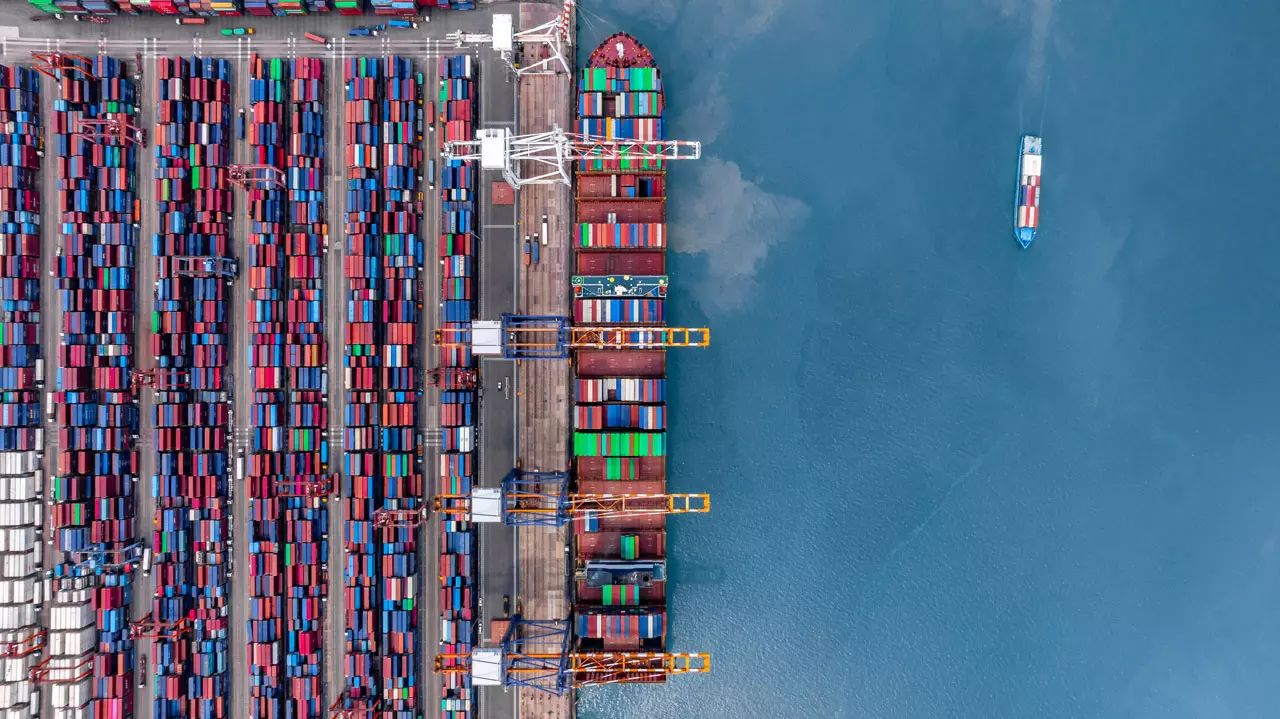A Guide to Essential Documentation
Navigating Global Trade: Understanding Certificate Requirements
Success in international trade depends on accurate and timely documentation. Various certificates are essential to confirm the origin, quality, and safety of your goods, ensuring adherence to global import regulations. This guide provides key information to confidently secure these documents and facilitate smooth shipments.
Country-Specific Regulations: A Key Consideration
Identifying the specific certificates required for your shipment is paramount. Import regulations differ significantly between countries; shipments to Japan will have distinct requirements from those destined for Canada. Failure to provide the correct documentation can result in delays, fines, or rejection of goods at the border.
Essential Certificate Types and Their Significance
- Certificate of Origin (CO): Validates the country of manufacture or production. It is a cornerstone of international trade, providing customs authorities with proof of origin and impacting tariffs and duties.
- Phytosanitary Certificate: Required for shipments of plants, plant products, or wood packaging. It confirms the absence of plant pests and diseases, protecting the receiving country's agricultural sector and environment.
- Certificate of Analysis (COA): Details the chemical composition of a product, particularly for chemicals, Pharmaceuticals, or food. It provides assurance of quality and safety.
- Fumigation Certificate: Confirms that goods have undergone fumigation to eliminate pests, often required for wood packaging. It prevents the spread of invasive species.
- Health Certificates: For food or animal products, these certificates verify adherence to health and safety standards. Requirements are often country-specific and require detailed information about processing and handling.
- Import Permits and Licenses: Authorisations required for specific goods subject to quotas or restrictions. Obtaining these is often a prerequisite for other certificates.
Always consult the import regulations of your destination country. Government websites, trade associations, and freight forwarders can provide valuable assistance in identifying required documents.
Preparing Your Certificate Request: Precision is Essential
Once you have identified the necessary certificates, accurate preparation is vital. Errors or omissions can cause delays. Gather the following information before applying:
- Complete Shipper and Consignee Details: Include legal names, addresses, contact numbers, and tax identification numbers.
- Precise Product Description: Provide a description of your goods, including weight, dimensions, quantity, HS Code (Harmonised System code), and specifications.
- Detailed Country of Origin Information: Specify the exact location of manufacture or production, including city and region.
- Destination Country Details: Provide the full name and address of the consignee in the destination country.
- Shipping Details: Include the mode of transport (sea, air, or land), vessel or flight number, and expected date of arrival.
- Commercial Invoice: A copy of your commercial invoice is required as supporting documentation.
- Packing List: A packing list outlining the contents of each package is also essential.
Review all information thoroughly before submission. Even a minor error can significantly delay your shipment.
Submitting Applications and Monitoring Progress
Submission methods vary depending on the issuing authority. Some offer online portals, while others require physical applications submitted by post or courier. Retain a copy of your application and supporting documents. Track the progress of your application diligently. Most issuing authorities provide online tracking systems or direct contact for updates.
Managing Potential Issues
Even with careful preparation, challenges can occur. Common issues include processing delays, particularly during peak seasons, or requests for additional information. Proactive planning, including submitting your application well in advance of shipment departure, reduces these risks. Contact the issuing authority promptly if you encounter problems.
Frequently Asked Questions
What is a Certificate of Origin and why is it important?
A Certificate of Origin (CO) verifies the country where your goods were manufactured. It's important because it affects tariffs, duties, and trade regulations.
Why do I need a Phytosanitary Certificate?
You need a Phytosanitary Certificate for shipments containing plants, plant products, or wood packaging. It confirms the absence of plant pests and diseases.
What information should I include in my certificate request?
Include complete shipper and consignee details, a precise product description, country of origin information, destination country details, and shipping details.
How can I track the progress of my certificate application?
Most issuing authorities provide online tracking systems or allow you to contact them directly for updates.
What should I do if I encounter delays in obtaining my certificates?
Contact the issuing authority promptly to address the delays. Proactive planning and early submission can also help mitigate risks.
Where can I find information on specific import regulations for a particular country?
Consult government websites, trade associations, and your freight forwarder for assistance in identifying the correct documentation.
Is a commercial invoice always required when applying for certificates?
Yes, a copy of your commercial invoice is usually required as supporting documentation for certificate applications.
What is an HS Code and why is it important to include it in my product description?
The Harmonised System (HS) Code is a standardised system of names and numbers to classify traded products. Including it ensures accurate identification of your goods for customs purposes.


